
Fighting fire with fire: could Salmonella treat bowel cancer?
Our researchers are finding out how to turn the full stomach-churning power of Salmonella away from our bowels and onto bowel cancer.
Surprising as that might sound, it’s an advance at least 200 – and possibly more than 4,000 – years in the making. Scientists first found evidence that disease-causing bacteria could have some effect on cancer in the early 1800s – long before more recognisable cancer treatments like chemotherapy or radiotherapy had even been imagined. There are even some clues to suggest that Ancient Egyptian doctors, who had multiple gods and goddesses of medicine but no microscopes, may have tried fighting cancer by causing infections.
Whenever they started, those early treatments were a crude form of what’s now called immunotherapy, which stimulates the immune system to attack cancer. There’s a good reason they went away. Treating cancer by causing a bacterial infection is risky and unreliable. Before the discovery of antibiotics, it was commonly deadly.
But things have changed. It’s now possible to genetically modify bacteria in ways that preserve their cancer-fighting potential but stop them harming cancer patients. That means researchers can explore ways of turning once-unpredictable organisms like Salmonella into standardised treatment options.
Results so far have been encouraging: modified bacteria suppress the growth of some cancers. Salmonella usually does its damage in the bowels, making it a good candidate for targeting bowel tumours. There’s just one mysterious problem: these immunotherapies don’t work with some key parts of the immune system. They seem to weaken cancers, but they don’t engage important immune cells called T cells to clear them out.
With this new study, published in the journal EMBO Molecular Medicine, a joint team at the University of Glasgow and the University of Birmingham have shown why. Their discovery could lead to a new, two-pronged cancer treatment.
Food fight
Led by Dr Kendle Maslowski at the Cancer Research UK Scotland Institute and the University of Glasgow, the study started with a closer look at how T cells reacted to a safe form of Salmonella in mouse models of bowel cancer.
Previous research has shown that Salmonella therapies can wriggle their way deep into tumours and suck up the nutrients solid cancers crave. In effect, they work by giving cancer some unexpected metabolic competition.
This is because cancer cells and bacteria both need the same energy-rich nutrients in order to grow and survive in a hostile body. But it’s becoming clear that protecting the body is also hungry work: the immune system also needs specific nutrients to track down and destroy potential threats.
That’s where Maslowski’s team made their breakthrough. They found that one nutrient in particular is vital to cancer cells, bacteria and T cells.
“We’ve discovered that the bacteria take away an amino acid called asparagine, which is essential for T cells to be activated,” explained Maslowski. “We believe this knowledge could enable bacteria to be engineered not to deplete asparagine, allowing the T cells to act against the tumour cells, leading to effective new treatments for cancer.”
Building on the modifications that have already stripped Salmonella of its ability to cause diarrhoea, vomiting and stomach cramps, the team also created a strain that doesn’t interact with asparagine. Though, on its own, it isn’t quite as effective as the original Salmonella at shrinking tumours, this new version of the bacteria is able to synergise with T cells, meaning it could potentially be used to attack cancer from two sides at once.
The next steps for Salmonella bowel cancer treatments
In retrospect, it seems almost obvious. To make us ill, bacteria like Salmonella need to find ways around our defences, so, like cancer, they do their best to suppress the immune system. And yet, before this study, no one had taken a proper look at what this means for bacterial cancer treatments.
Now they’ve solved a longstanding mystery, the team’s next step is to closely investigate how well the newly energised T cells work with Salmonella against bowel cancers. They also plan to find ways of powering up their therapy. That could involve finding ways of using Salmonella to selectively take asparagine away from cancer cells without stopping T cells from doing their vital jobs.
This would mean locking on to a gene called c-Myc, which works overtime to drive the growth of many different types of cancer, but is very difficult to target with drugs.
“We’ve pinpointed an exciting genetic target that could help us unleash the full potential of this therapy,” says first author Dr Alastair Copland, a Research Fellow in Immunology at the University of Birmingham. “It’s particularly rewarding to turn a disease-causing bug like Salmonella into one that combats cancer.”
News in the same category


9 Reasons Why You Should Be Eating More Dates

14 Signs Your Blood Sugar Is Way Too High (And 14 Ways to Reduce It)

9 Early Signs of Diabetes You May Not Be Noticing

What Happens to the Body After Gallbladder Removal? 3 Diseases That May Follow – Avoid Surgery If Possible

Number of teeth is associated with facial size in humans

Opioids and Surgery: How to Know Your Usage Risk Going In
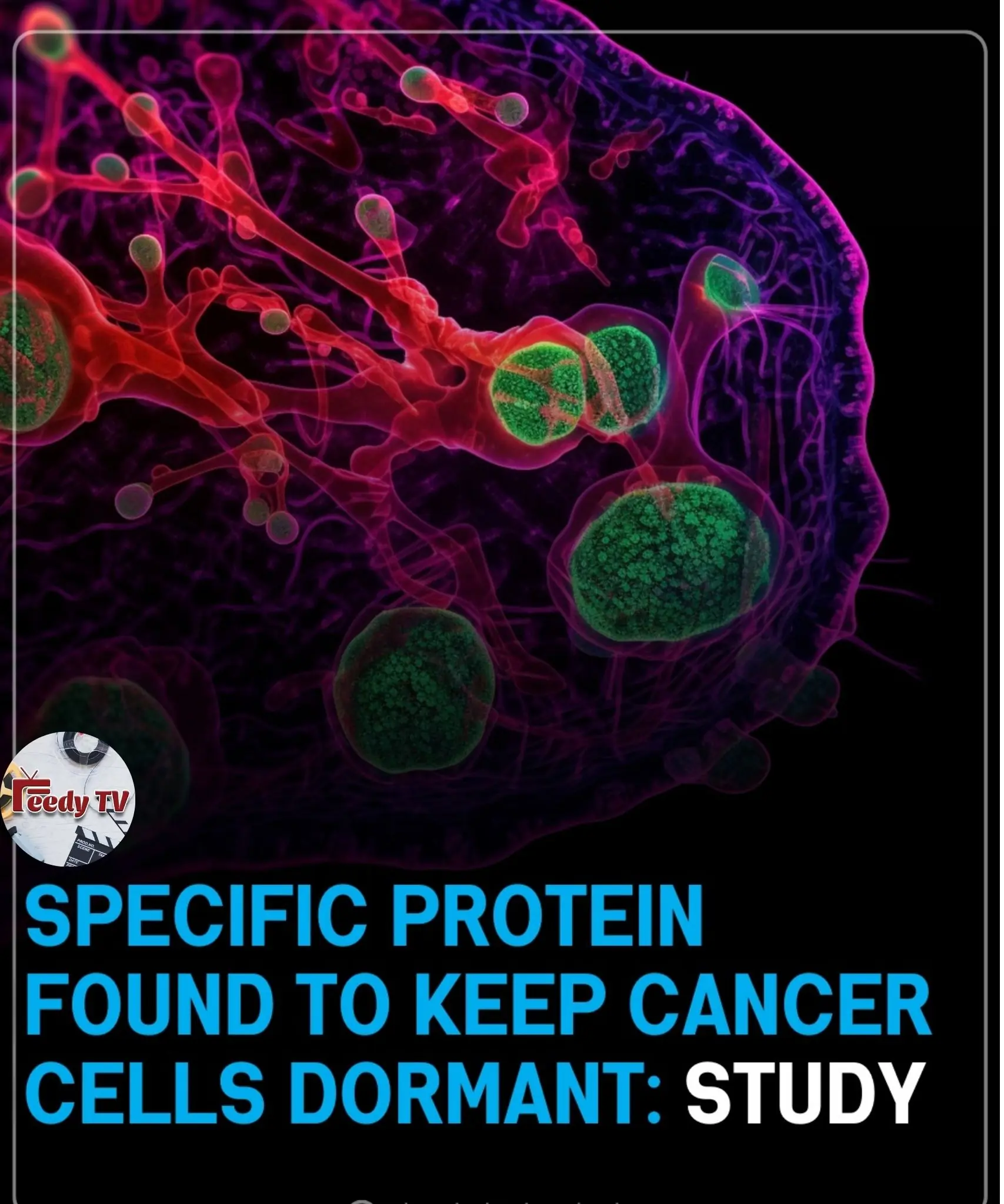
Specific Protein Found To Keep Cancer Cells Dormant: Study

Recognizing Type 2 Diabetes Symptoms

Slideshow: A Visual Guide to Sciatica

Semaglutide Shows Promise for Cutting Alcohol Use

Why Am I Always Thirsty?

New Study Reveals Risks of Smoking Marijuana After 30

Doctor Warns: Popular Habit That Could Double Your Risk of a Heart Attack

Raynaud’s Phenomenon: Why Fingers Turn White in the Cold

Heart Attack: Early Warning Signs
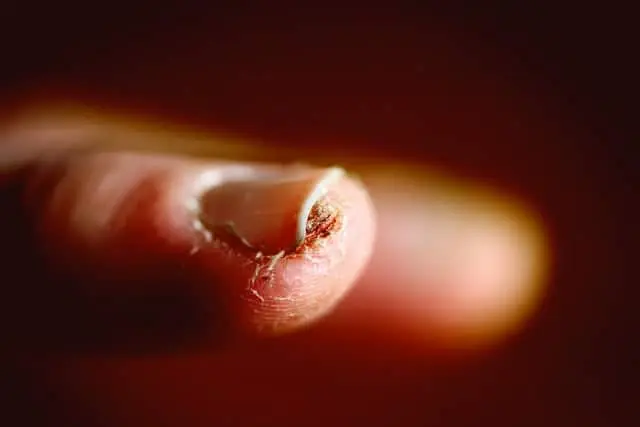
Nails: What Do They Reveal About Your Health

9 Foods to Limit If You Have Hypothyroidism

Jell-O is More Than a Dessert – It’s Good for Your Health Too
News Post

We Paid for My Stepdaughter's Honeymoon, but She Called Us 'Cheap' — So We Taught Her a Lesson in Respect
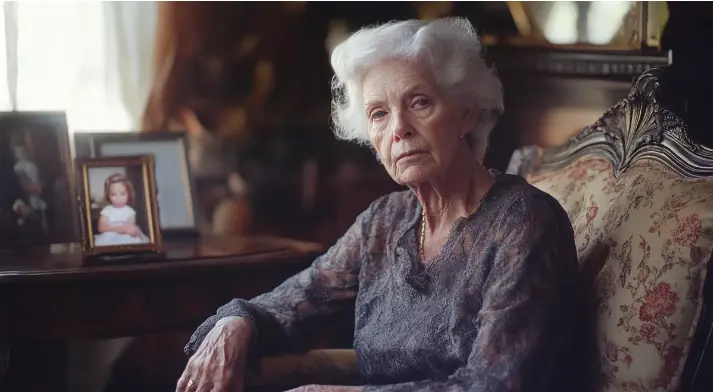
I Was Told to Stay Away from the Old Lady on the Third Floor Until I Discovered She Knew a Secret About My Past — Story of the Day

Two Years After My Husband's Death, I Finally Dared to Sort Through His Belongings in the Garage — What I Found Changed My Life

My 5-Year-Old Refused to Cut Her Hair, Saying, 'I Want My Real Daddy to Recognize Me When He Comes Back'

I Unexpectedly Saw My Husband in a Luxury Suit Leaving a Maternity Clinic with Two Babies in His Arms

My Ex-husband's Wife Threw My Daughter's Sewing Machine in the Pool – I Didn't Think Twice About Teaching Her a Lesson
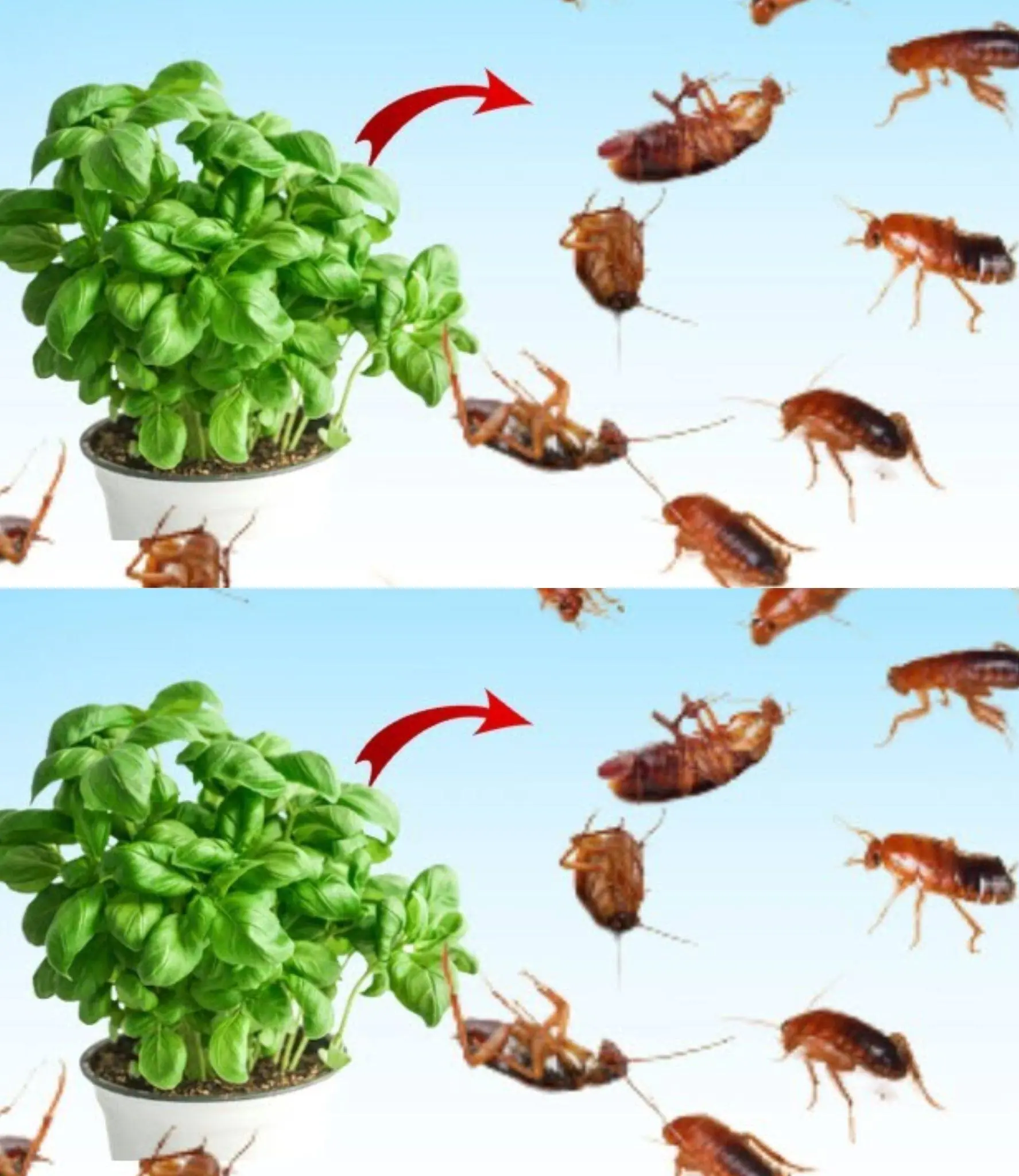
Put this for 1 hour in your house, you will never see flies, mosquitoes or cockroaches again.

Scientists Show How Gratitude Literally Alters The Human Heart & Molecular Structure Of The Brain

Old Lonely Lady Receives Deliveries from Unknown Person Every Day, the Last Was a New Home – Story of the Day
A poor old lonely woman named Emma started receiving deliveries every day from an unknown source. She and her late husband never had children together, so she could not tell where these deliveries came from.

9 Reasons Why You Should Be Eating More Dates

14 Signs Your Blood Sugar Is Way Too High (And 14 Ways to Reduce It)

9 Early Signs of Diabetes You May Not Be Noticing

Dark Neck Home Remedies To Get Rid Of It

What Happens to the Body After Gallbladder Removal? 3 Diseases That May Follow – Avoid Surgery If Possible

Number of teeth is associated with facial size in humans

DIY Miracle Shampoo to Stop Hair Loss & Regrow Hair – Even on Bald Spots!

My Wife and I Went to an Orphanage to Adopt a Child and Found a Girl Who Is a Carbon Copy of Our Daughter
When my wife and I visited an orphanage to adopt, we never expected to meet a little girl who looked exactly like our daughter at home. The shock deepened when we discovered the unimaginable truth.

Opioids and Surgery: How to Know Your Usage Risk Going In
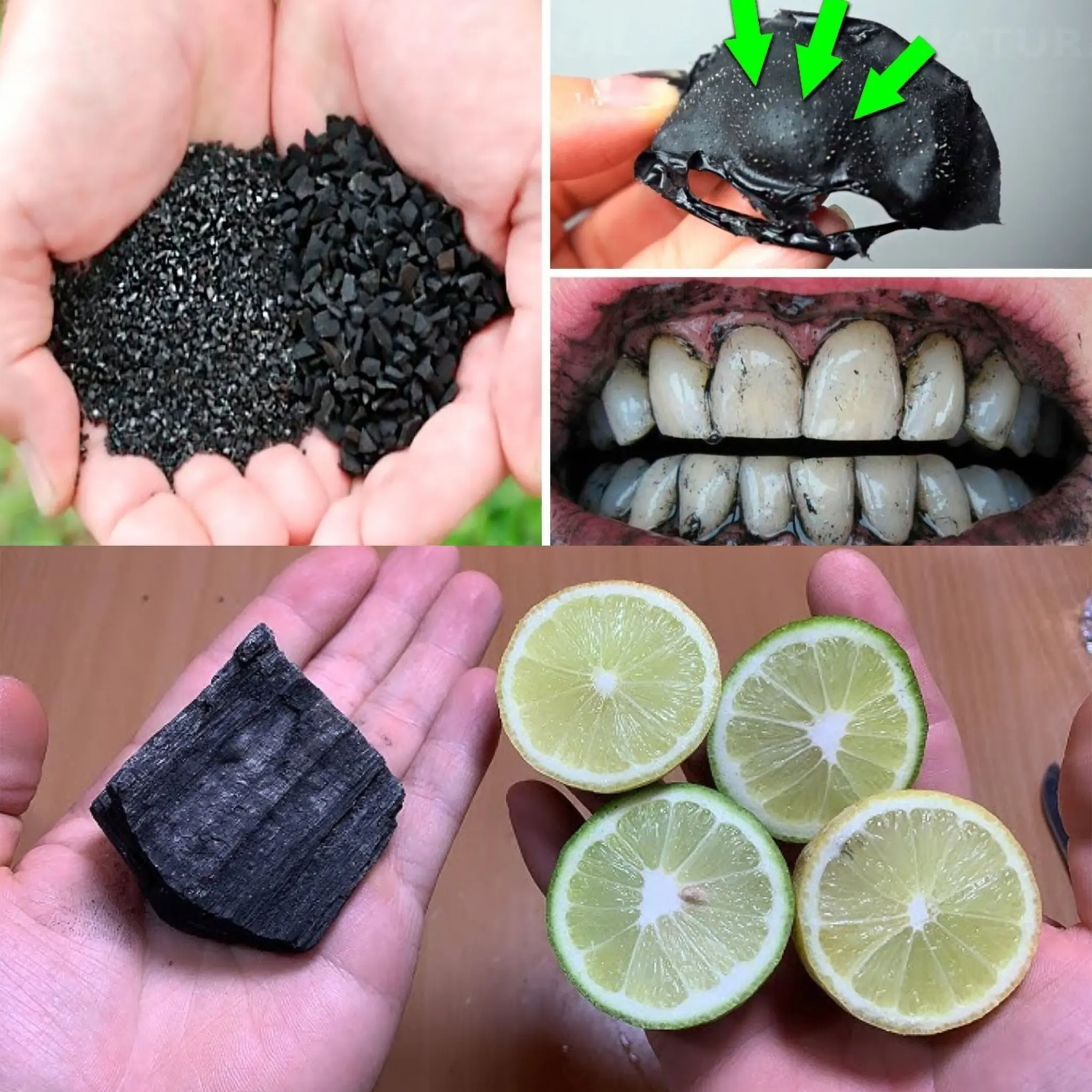
Want a Brighter Smile and Healthier Skin? Discover the Magic of Lemon Juice and Activated Charcoal
